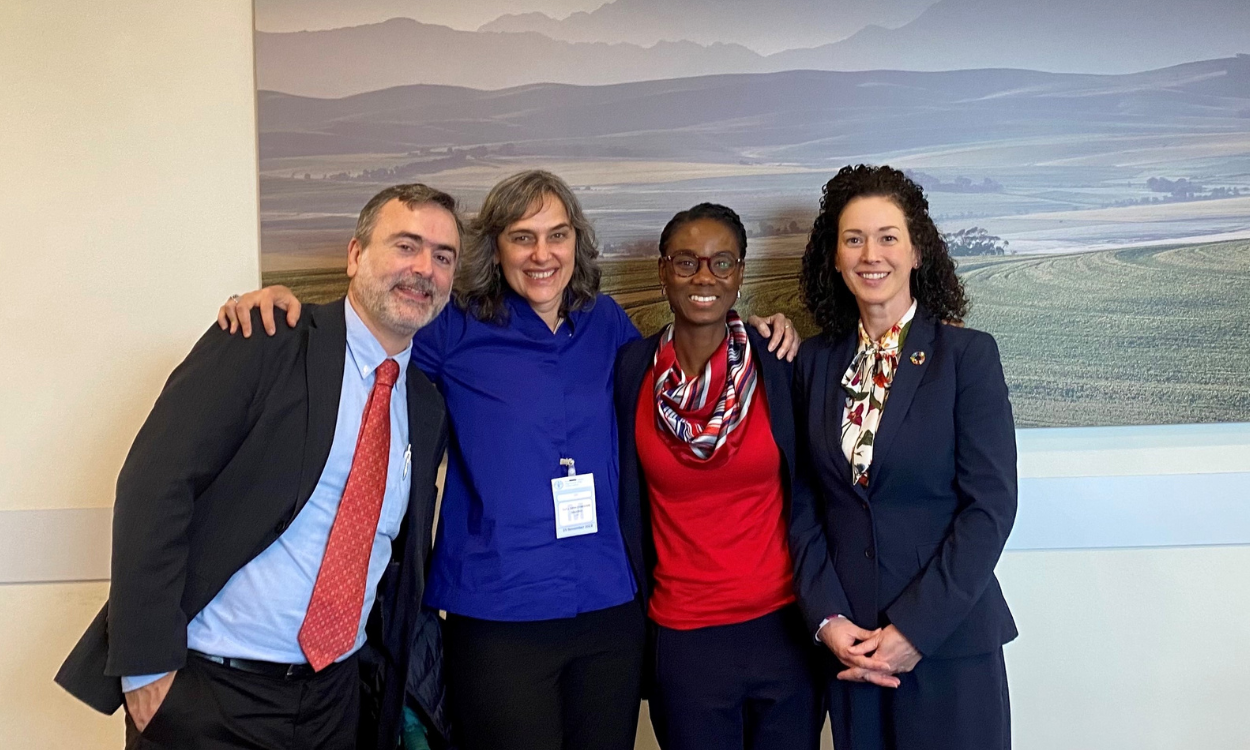SEED FUNDING JOINT PROGRAMMES
Cambodia
Transforming Cambodia’s food systems to become more sustainable, inclusive, and resilient


PROJECT TITLE | Transforming Cambodia’s food systems to become more sustainable, inclusive, and resilient |
| Context | Cambodia’s National Pathway is the outcome of an extensive consultation process, involving more than 2,000 people throughout thirty dialogues, which identifies four priority areas, namely healthy diets for all, empowerment of youth, women and vulnerable groups, resilient livelihoods and food systems, inclusive governance. Acknowledging the risks posed by climate change to hard won development gains and as a co-founder of the Alliance of Champions for Food Systems Transformation, Cambodia is prioritizing the integration of climate change and food systems transformation, building coherence across the agendas. The Council for Agricultural and Rural Development, the government agency coordinating food security and nutrition initiatives in Cambodia, is leading collaborative efforts to translate national aspirations into concrete action. |
| PUNOs | FAO, WFP, UNICEF |
| Contribution to SDGs | SDG 2 Zero Hunger |
| Contribution to other SDG transitions | Climate, biodiversity, pollution |
| Duration | August 2024 – July 2025 |
| Expected financial leverage | $3 million |
| Alignment with SG Call to Action | Policy integration; Food systems governance; Inclusive and participatory design; Private sector engagement |
| Outcomes | The Joint Programme fosters an enabling environment for food systems transformation by enhancing national capacities and policy frameworks, identifying opportunities to unlock financial streams, and strengthening advocacy efforts for food systems transformation. The JP provides crucial support to the alignment of the climate and food agendas, accelerating progress towards resilient, sustainable and inclusive food systems. |
| Partners | Council for Agricultural and Rural Development (CARD) will be the main government counterpart and will coordinate the government activities in conjunction with other key Ministries, including:
|
| Outputs |
|
The Hub partners with CARE for food systems transformations
The UN Food Systems Coordination Hub met with CARE leadership to discuss partnership opportunities to support national pathways implementation.

Left to right: Mr Juan Echanove, Associate Vice President, Food and Water Systems at CARE, Ms Sofía Sprechmann Sineiro, Secretary General at CARE International, Ms Sylvia Lopez-Ekra, Deputy Director of the UN Food Systems Coordination Hub, Ms Christine Campeau, Global Advocacy Director at CARE.
Developing strong partnerships for food systems transformations is a key part of our work at the UN Food Systems Coordination Hub.
On 25 November 2022, the Hub met with leadership from CARE to explore ways of collaboration to support implementation of national food system transformation pathways. CARE was extremely active during the UN Food Systems Summit preparations, serving as the lead for Action Track 4 – Advancing Equitable Livelihoods – which focused on “the elimination of poverty by promoting full and productive employment and decent work for all actors along the food value chain, reducing risks for the world’s poorest, enabling entrepreneurship and addressing the inequitable access to resources and distribution of value.”
Discussions focused on the strong value addition that CARE can provide as it is present in 100 countries working with civil society, grassroots organizations, farmers and communities to address health, nutrition and gender issues within the Food Systems Transformation agenda. Together, we explored opportunities to support on-the-ground work in countries to accelerate the implementation of national pathways.
CARE leads the human rights-based Decent Work and Living Income and Wages Coalition jointly with IFAD and ILO, and is a member of the Coalition of Action on Healthy Diets from Sustainable Food Systems, the Blue Aquatic Foods Coalition, Fighting Food Crises along the HDP Nexus Coalition, and Making Food Systems Work for Women and Girls.
The Hub and CARE leadership agreed to regularly touch base and both look forward to continuing to strengthen and leverage collaboration to help countries overcome inequalities in their food systems.
